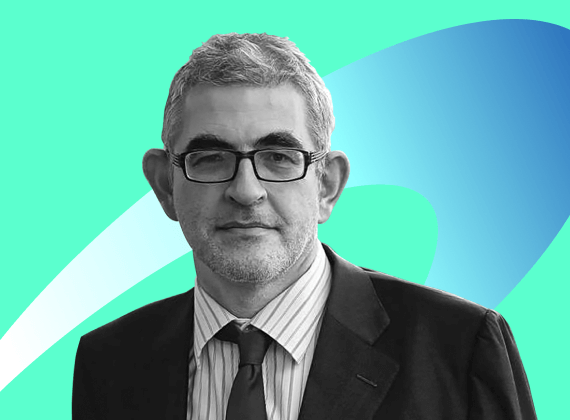

Ante is an Assistant Professor of Economics and Finance at the School of Computing, Union University. He is a finance professional with over fifteen years of institutional and private global financial investments experience. He is an Investment Officer with the International Finance Corporation (IFC) where he leads investment transactions in the financial sector in emerging economies. He is an expert project manager incorporating principal themes in all phases of the investment process. He was a Fullbright scholar and Magna Cum Laude from the George Washington University, USA. He received a PhD in Business Administration from the School of Economics, University of Sarajevo.